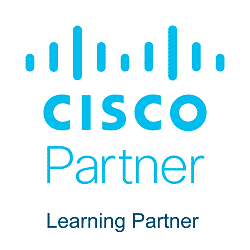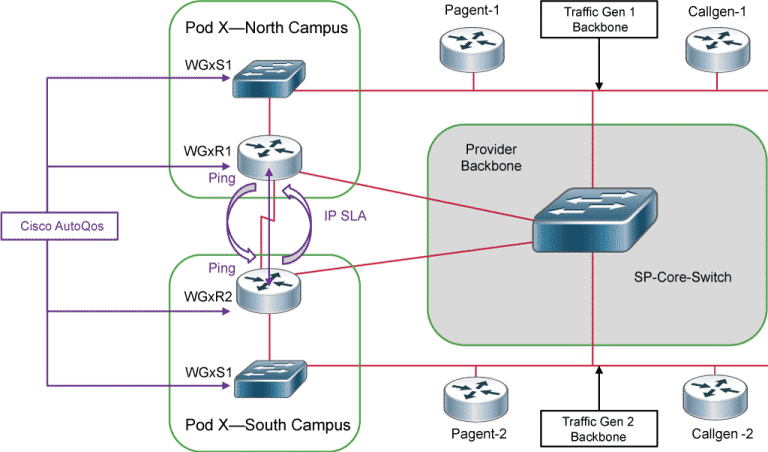QOS – Implementing Cisco Quality of Service

The QOS Implementing Cisco Quality of Service Course provides the participant with an in-depth understanding of quality of service (QOS), conceptual models such as Best-Effort, Integrated Services (IntServ), Differentiated Services (DiffServ), and QOS implementation on Cisco IOS platforms. The course syllabus covers QOS theory, design issues, and configurations of various QOS mechanisms to facilitate the creation of effective QOS administrative policies. Case studies and lab activities included in the course help the students apply the concepts that are covered in the individual modules or that are encountered in real-world scenarios. The course also provides the rules for using various advanced QOS features and integrating QOS with Layer 2 mechanisms, allowing for the implementation of efficient multi-service networks.
Course Objectives
The following is a summary of the main objectives of the QOS Implementing Cisco Quality of Service Course :
- Gain a thorough understanding of Quality of Service (QoS) and its conceptual models.
- Handle design issues and configure QoS mechanisms.
- Apply QoS concepts through case studies and laboratory activities.
- Integrating QoS with Layer 2 mechanisms for multi-service networks.
- Use advanced QoS features for effective administrative policies.
- Explore the integration of MPLS with Quality of Service (QoS) mechanisms.
- Learn about the security aspects and best practices in MPLS networks.
- Gain hands-on experience with troubleshooting MPLS VPNs and traffic engineering issues.
Course Certification
This course helps you prepare to take the:
Cisco Enterprise Certifications.
Course Outline
- Introduction to QoS
- Converged Networks Review
- Understand QoS
- Describe Best-Effort and Integrated Services Models
- Describe the Differentiated Services Model
- Implement and Monitor QoS
- MQC Introduction
- QoS Monitor
- Define Campus AutoQoS
- Define WAN AutoQoS
- Classification and Marking
- Classification and Marking Overview
- MQC for Classification and Marking
- NBAR for Classification
- Using QoS Preclassify
- Campus Classification and Marking
- Congestion Management
- Queuing Introduction
- Configure WFQ
- Configure CBWFQ and LLQ
- Configure Campus Congestion Management
- Congestion Avoidance
- Congestion Avoidance Introduction
- Configure Class-Based WRED
- Configure ECN
- Describe Campus-Based Congestion Avoidance
- Traffic Policing and Shaping
- Traffic Policing and Shaping Overview
- Configure Class-Based Policing
- Campus Policing
- Configure Class-Based Shaping
- Configure Class-Based Shaping on Frame Relay Interfaces
- Configure Frame Relay Voice-Adaptive Traffic Shaping and Fragmentation
- Link Efficiency Mechanisms
- Link Efficiency Mechanisms Overview
- Configure Class-Based Header Compression
- Configure LFI
- End-to-End QoS Deployment
- Apply Best Practices for QoS Policy Design
- End-to-End QoS Deployments
Laboratory Activities
- QoS Mechanisms
- IP SLA Setup and QoS Baseline Measurement
- Configuring QoS with Cisco AutoQoS
- Classification and Marking
- Classification and Marking Using MQC
- Using NBAR for Classification
- Configuring QoS Preclassify
- Campus Classification and Marking Using MQC
- Configuring Fair Queuing
- Configuring LLQ-CBWFQ
- Configuring Campus-Based Queuing Mechanisms
- WRED Traffic Profiles
- Configuring DSCP-Based WRED
- Configuring WTD Thresholds
- Configuring Class-Based Policing
- Configuring Class-Based Shaping
- Configuring Class-Based Header Compression
- Configuring LFI
- Mapping Enterprise QoS Policy to the Service Provider Policy
Course Mode
Instructor-Led Remote Live Classroom Training;
Trainers
Trainers are Cisco Official Instructors and certified in other IT technologies, with years of hands-on experience in the industry and in Training.
Lab Topology
For all types of delivery, the Trainee can access real Cisco equipment and systems in our laboratories or directly at the Cisco data centers remotely 24 hours a day. Each participant has access to implement the various configurations thus having a practical and immediate feedback of the theoretical concepts.
Here are some Cisco Labs network topologies available:

Course Details
Course Prerequisites
- Attendance at the Cisco CCNA ourse is recommended .
Course Duration
Intensive duration 5 days
Course Frequency
Course Duration: 5 days (9.00 to 17.00) - Ask for other types of attendance.
Course Date
- Cisco QOS Course(Intensive Formula) – On request – 9:00 – 17:00
Steps to Enroll
Registration takes place by asking to be contacted from the following link, or by contacting the office at the international number +355 45 301 313 or by sending a request to the email info@hadartraining.com


